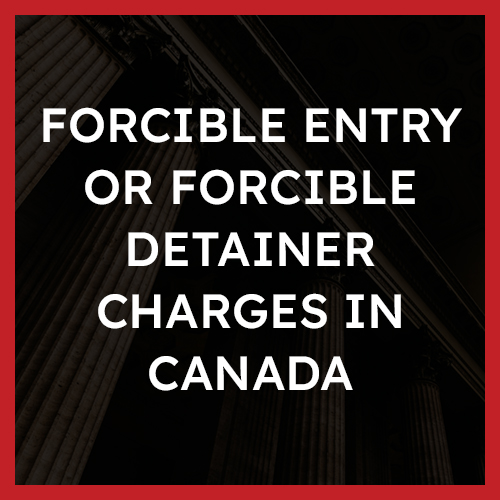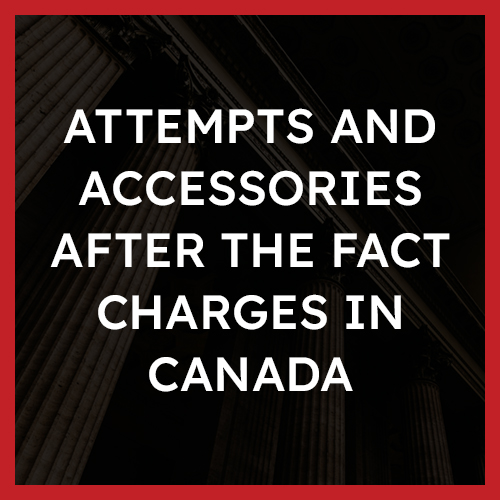A criminal defence lawyer’s top 5 tips for dealing with a violent offence charge
- If you have been charged with a violent offence it is vital that you stay away from the complainant, even if they ask to see you again. When you are charged and released for a violent offence, you are typically released with bail conditions that may require you to refrain from contacting the victim of your crime. If you have been charged with domestic assault, you may be bound by the conditions of an emergency protection order that will do the same. Breaching these conditions and intentionally coming into contact with the victim is a criminal offence in and of itself, and one that is not taken lightly by the authorities. If you breach a no contact order, or any other order stipulated in your bail conditions, you may be arrested and placed in custody.
- Make an application to change unreasonable bail conditions. Sometimes the bail conditions that you are given after being charged with a violent offence are highly restrictive and may significantly impact your life. For example, you might be prevented from entering your own home or seeing your kids. However, if you immediately contact one of our criminal defence lawyers, we can use our skill and familiarity with these proceedings to change the conditions of your bail so that you can live your life as normally as possible while waiting for your matter to be resolved.
- Do not speak to the police before seeking advice from a criminal defence lawyer. It may be the case that while investigating you for an offence, or after you have been arrested for an offence, the police will ask you questions or ask you to provide a statement. Because these statements can be used against you, do not say anything to the police until you have had the opportunity to seek advice from a criminal defence lawyer.
- Immediately enroll in anger management counselling. It is likely that the Crown Prosecutor will look upon your case more favourably if you can show that you are working on the personal issues that may have led you to commit the offence in the first place. Being able to show that, immediately following your charges, you enrolled in counselling to help manage your anger may assist your defence lawyer in resolving your matter favourably.
- Follow all of the orders outlined in the documents given to you by the police after your arrest. After being arrested and upon your release, the police likely gave you documents that direct you to attend a police station for fingerprinting, that direct you to attend court on a specific date, place, and time, and that outline the conditions that you are expected to follow upon your release. It is imperative that you comply with all the orders and conditions spelled out in those documents. A failure to do so may result in a warrant being issued for your arrest. What is more, you may be charged with an additional criminal offence of breaching your conditions or failing to appear in court as required.
About The Author







